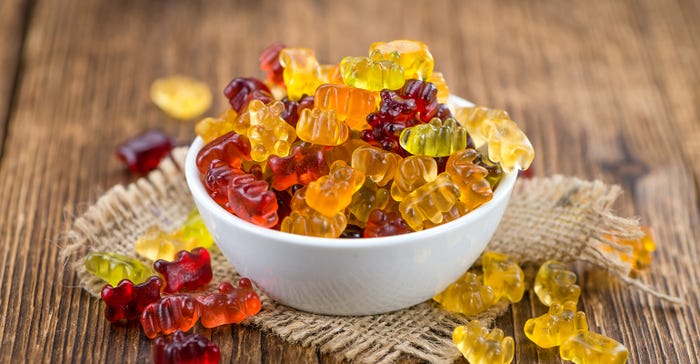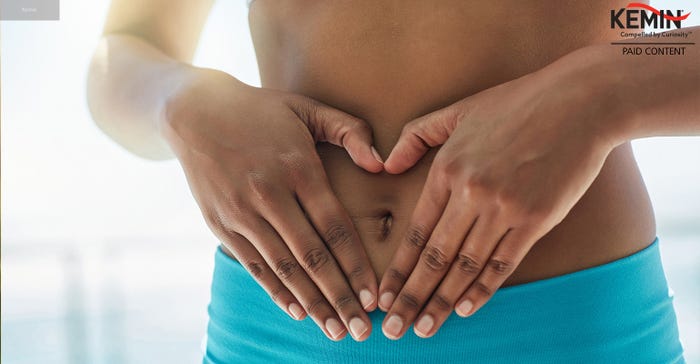Cranberry Juice May Protect Against CVD
A new study presented at the Cranberry Health Research Conference in Madison, Wisconsin, revealed cranberry juice consumption may play a role in protecting against cardiovascular disease (CVD). The research, funded by a non-restricted grant from the Cranberry Institute, uncovered a dose-dependent relationship between cranberry juice and improved vascular function. Because vascular dysfunction, including limitations in blood flow, is a central feature in the development of atherosclerosis, improving vascular function can have a beneficial effect on a person's cardiovascular health.
October 12, 2015

A new study presented at the Cranberry Health Research Conference in Madison, Wisconsin, revealed cranberry juice consumption may play a role in protecting against cardiovascular disease (CVD). The research, funded by a non-restricted grant from the Cranberry Institute, uncovered a dose-dependent relationship between cranberry juice and improved vascular function. Because vascular dysfunction, including limitations in blood flow, is a central feature in the development of atherosclerosis, improving vascular function can have a beneficial effect on a person's cardiovascular health.
"Cranberry juice is a rich source of phytonutrients, including proanthocyanidins, anthocyanins and phenolic acids," explained principal investigator, Ana Rodriguez-Mateos, Ph.D., Division of Cardiology, Pulmonology and Vascular Medicine at the University Duesseldorf, Germany. "Due to this robust profile of polyphenols, our team sought to evaluate the immediate vascular impact of drinking one, 450 ml (or 16 oz.) glass of cranberry juice with a different range of concentrations of cranberry-polyphenols."
In the randomized, controlled crossover trial, researchers gave 10 healthy male subjects, between the ages of 18 and 40, 16 oz. of sweetened cranberry juice made from concentrate. The cranberry concentrate was prepared with water to concentrations ranging from 0 to 117 percent. The amount of cranberry-polyphenols increased with the concentration. Non-invasive measurements of vascular function including flow-mediated vasodilation (FMD), blood pressure and arterial stiffness were performed at baseline and at one, two, four, six and eight hours post-consumption. Blood and urine samples were collected for 24 hours following consumption to detect changes in plasma and urinary cranberry-derived polyphenols.
Across the board, all of the cranberry juices benefited FMD, including 25-percent cranberry juice, which is equivalent to the commonly consumed cranberry juice cocktail (25 to 27 percent). The highest concentration of cranberry-polyphenol juice also showed improvements in systolic blood pressure.
"Our results lay the groundwork to better understand the array of potential vascular and cardiovascular health benefits of cranberry polyphenols," Rodriguez-Mateos noted. "Significant improvements in vascular function from drinking two cups of cranberry juice suggest an important role for cranberries in a heart-healthy diet."
You May Also Like



